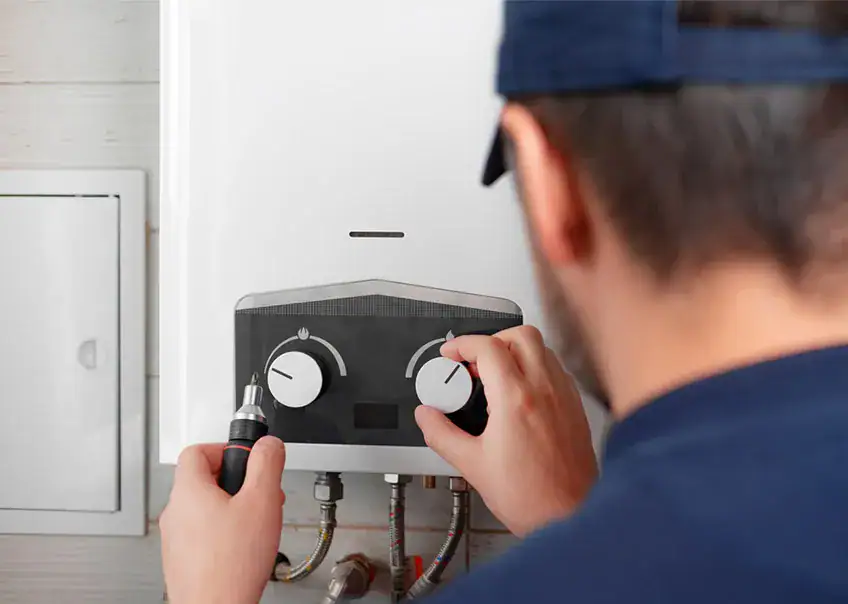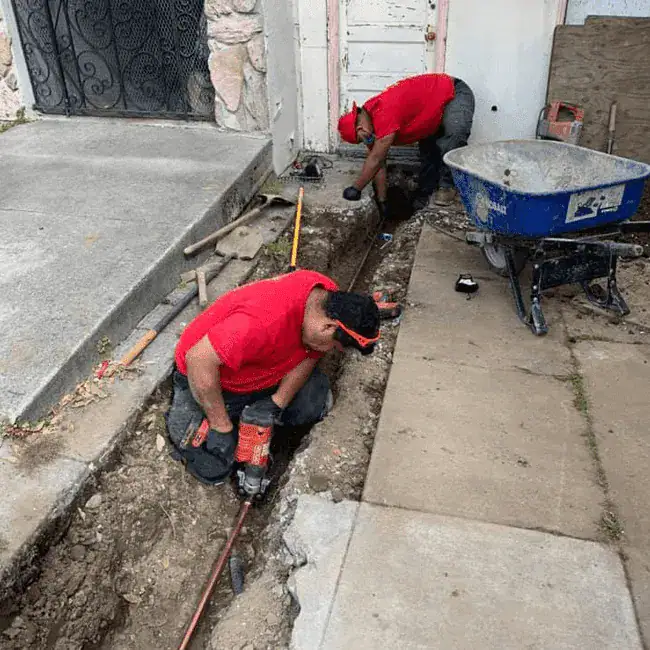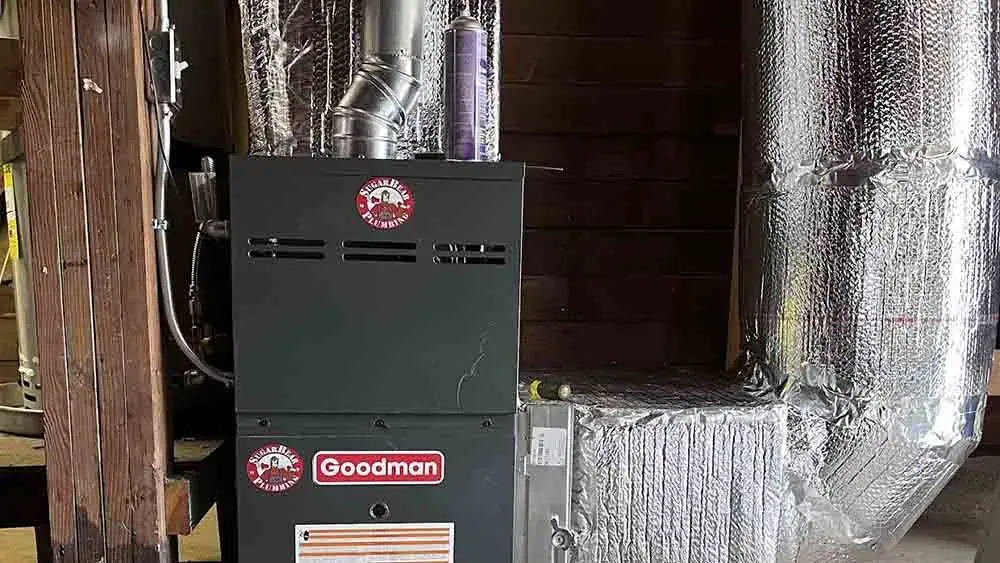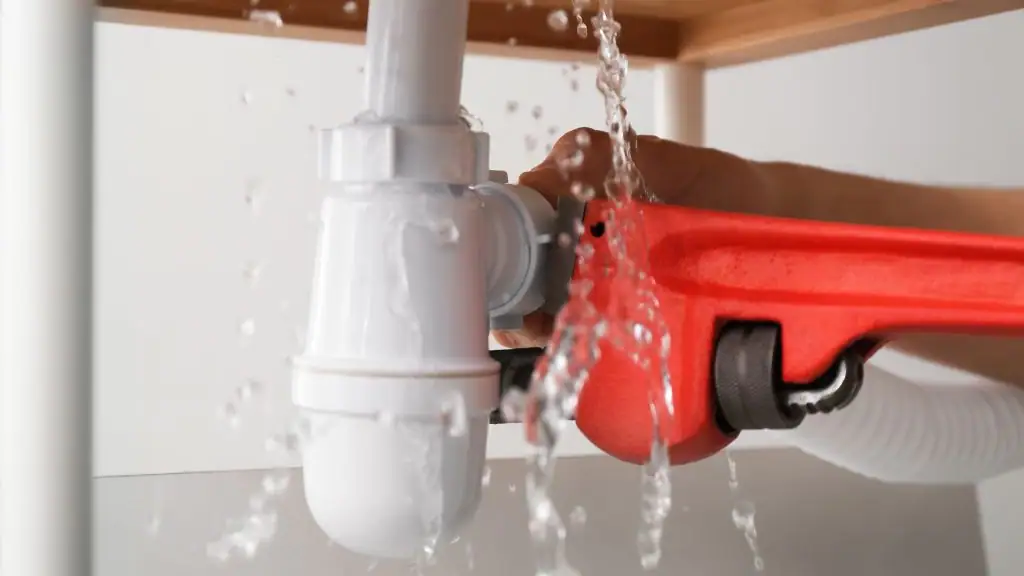Summary:
Common Water Heater Malfunctions Every San Francisco Homeowner Should Recognize
Water heaters rarely fail without giving you advance warning. The key is recognizing these early signs before they become full-blown emergencies that flood your basement or leave you without hot water for days.
Most malfunctions start small and gradually worsen over time. A slight temperature inconsistency today might signal a failing heating element that could completely burn out next month. That occasional popping sound could indicate sediment buildup that’s making your system work harder and wear out faster.
The challenge for San Francisco homeowners is that our city’s mineral-rich water and aging infrastructure can accelerate these problems. What might take years to develop elsewhere can happen in months here, making early detection even more critical.
Temperature and Performance Issues That Signal Trouble Ahead
Temperature problems are often the first sign homeowners notice when their water heater starts failing. You might experience inconsistent water temperatures during your shower—scalding hot one moment, lukewarm the next. This usually indicates a faulty thermostat or failing heating element that can no longer maintain steady temperatures.
Another common issue is running out of hot water much faster than usual. If your typical 10-minute shower now leaves you with cold water after five minutes, sediment buildup at the bottom of your tank is likely reducing your water heater’s capacity. This sediment acts like insulation, preventing efficient heat transfer and forcing your system to work overtime.
Water that takes longer to heat up is equally concerning. When you turn on your hot water tap and wait several minutes for warm water to arrive, your heating elements may be struggling or your dip tube could be damaged. The dip tube directs cold water to the bottom of the tank for heating—when it fails, cold and hot water mix prematurely, reducing efficiency.
Energy bills that spike without explanation often accompany these temperature issues. A water heater working harder to maintain temperature will consume significantly more energy. San Francisco homeowners already face premium utility costs, so an inefficient water heater can impact your budget substantially.
These performance issues rarely resolve themselves. Instead, they typically worsen gradually until complete system failure occurs, often at the most inconvenient times. Recognizing these early warning signs allows you to address problems before they become emergencies.
Strange Noises and Physical Signs of Water Heater Problems
Temperature problems are often the first sign homeowners notice when their water heater starts failing. You might experience inconsistent water temperatures during your shower—scalding hot one moment, lukewarm the next. This usually indicates a faulty thermostat or failing heating element that can no longer maintain steady temperatures.
Another common issue is running out of hot water much faster than usual. If your typical 10-minute shower now leaves you with cold water after five minutes, sediment buildup at the bottom of your tank is likely reducing your water heater’s capacity. This sediment acts like insulation, preventing efficient heat transfer and forcing your system to work overtime.
Water that takes longer to heat up is equally concerning. When you turn on your hot water tap and wait several minutes for warm water to arrive, your heating elements may be struggling or your dip tube could be damaged. The dip tube directs cold water to the bottom of the tank for heating—when it fails, cold and hot water mix prematurely, reducing efficiency.
Energy bills that spike without explanation often accompany these temperature issues. A water heater working harder to maintain temperature will consume significantly more energy. San Francisco homeowners already face premium utility costs, so an inefficient water heater can impact your budget substantially.
These performance issues rarely resolve themselves. Instead, they typically worsen gradually until complete system failure occurs, often at the most inconvenient times. Recognizing these early warning signs allows you to address problems before they become emergencies.
Want live answers?
Connect with a Sugar Bear Home Services expert for fast, friendly support.
Emergency Steps When Your Water Heater Malfunctions
When your water heater emergency strikes, your immediate response can prevent thousands of dollars in damage and protect your family’s safety. The first few minutes are critical, and having a clear action plan helps you stay calm and make the right decisions.
Not every water heater problem constitutes a true emergency, but certain situations demand immediate action. Knowing the difference helps you respond appropriately and avoid unnecessary panic while ensuring you don’t underestimate serious situations.
Time is your enemy during water heater emergencies. Water damage can spread rapidly through your home, and gas-related issues can pose serious safety risks. Quick, decisive action protects both your property and your family.
Immediate Safety Steps for Water Heater Emergencies
The moment you discover a water heater emergency, your safety comes first. If you smell gas around your water heater, don’t touch any electrical switches or create sparks. Leave the area immediately, evacuate your home, and call your gas company from outside. Gas leaks can be life-threatening and require professional emergency response.
For water leaks, your first priority is stopping further damage. Locate your main water shut-off valve—every San Francisco homeowner should know where this is before an emergency occurs. Turn off the water supply to prevent additional flooding. If water is leaking near electrical outlets or your electrical panel, turn off electricity to that area at your main breaker box.
If your water heater is making loud, violent noises or showing signs of extreme overheating, turn off the power supply immediately. For electric units, flip the breaker. For gas units, turn the gas control valve to “off.” Never attempt to move or adjust a malfunctioning water heater yourself—these units are heavy and potentially dangerous when compromised.
Document the situation with photos if it’s safe to do so. This documentation helps with insurance claims and provides valuable information for emergency plumbers. However, never prioritize photos over safety—get yourself and your family to safety first.
Move valuable items away from the affected area if possible. Water damage spreads quickly, especially in San Francisco’s older homes where floors may not be perfectly level. Protecting belongings early can minimize losses, but again, only if you can do so safely.
Contact emergency services if the situation involves gas leaks, electrical hazards, or significant flooding that threatens your home’s structure. Some situations require immediate professional emergency response beyond just calling a plumber.
When to Call a Professional vs. Attempting DIY Solutions
While some minor water heater issues might tempt you to try DIY solutions, most malfunctions require professional expertise, especially in emergency situations. San Francisco’s strict building codes and permit requirements make professional service even more important for major repairs or replacements.
Call a professional immediately for any situation involving gas leaks, electrical problems, or significant water leaks. These scenarios pose serious safety risks that require specialized training and equipment to address safely. Attempting DIY repairs on gas or electrical components can create dangerous situations and may violate local codes.
Temperature and pressure relief valve issues always warrant professional attention. These safety devices prevent dangerous pressure buildup that could cause tank rupture or explosion. If your relief valve is discharging water or steam, or if you suspect it’s not functioning properly, contact a licensed plumbing contractor immediately.
Complete loss of hot water, especially when accompanied by strange noises or visible damage, typically indicates major system failure requiring professional diagnosis and repair. While you might be tempted to reset breakers or relight pilot lights, these symptoms often signal deeper problems that DIY approaches can’t resolve.
Any situation requiring permits—which includes most water heater replacements in San Francisco—must involve licensed professionals. The city’s Department of Building Inspection requires proper permits and inspections for water heater installations, and only licensed contractors can obtain these permits.
However, some minor maintenance tasks are appropriate for homeowners. Checking temperature settings, testing pressure relief valves (when not malfunctioning), and basic visual inspections can be done safely. But when in doubt, professional consultation is always the safer choice.
Consider the cost of mistakes when deciding between DIY and professional service. A small problem that becomes a major emergency due to improper DIY repair can cost far more than calling a professional initially. Professional plumbers carry insurance and warranties that protect you from additional costs if problems arise.
Protecting Your San Francisco Home from Water Heater Emergencies
Water heater malfunctions don’t have to become catastrophic emergencies when you know what to watch for and how to respond. Regular attention to temperature changes, unusual noises, and visual signs can help you catch problems early, before they threaten your property or safety.
Remember that San Francisco’s unique challenges—from mineral-rich water to strict building codes—make professional maintenance and emergency response even more valuable. The investment in proper care and professional service pays dividends in reliability, safety, and peace of mind.
When emergencies do occur, quick action and professional expertise make all the difference. Don’t hesitate to contact us at Sugar Bear Home Services when you need reliable, experienced help with your water heater emergency—we understand San Francisco homes and are here to help restore your comfort and safety quickly.




